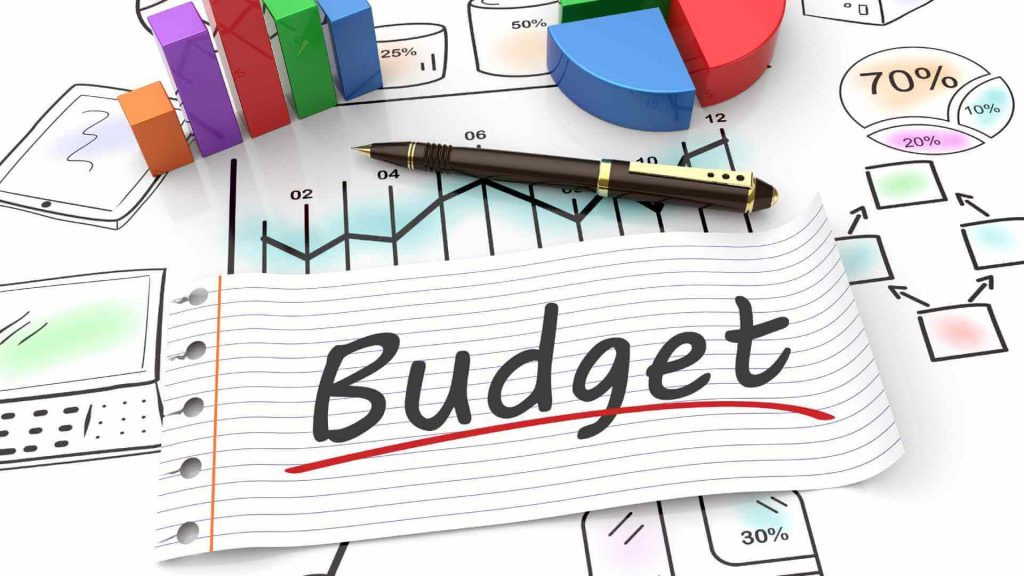Budget tips for surviving South Africa’s rising living costs

We cover six budget tips to help South Africans survive rising living expenses. Petrol, food costs, electricity, school fees – prices are skyrocketing while salaries remain the same, and everyone is wondering how they’ll make it through the month.
With the loadshedding stages rising as quickly as the cost of electricity units, you may have dreams of going off the grid and shifting to solar power. But where will the extra finances come from? The cost of living is higher than ever, and the urge to take another loan or go into debt to survive is tempting.
Rather than opt for more debt, here are six simple ways to adjust your budget and help shift some of the financial load rather than opt for more debt. Many of these options may be easier said than done, but even small changes can make a big difference in the long run.
Read: How the Repo Rate Increase Affects Your Finances
6 Effective budget tips
- Review Your Monthly Budget: Keeping track of your budget is essential to controlling your funds. If you can adjust your monthly spending, you’ll quickly find that the savings add up. At the same time, it may not be as simple as cutting out entire line items; trimming and controlling spend where you can is a good start.
- Consider a Side Hustle: Supplementing your income with a second job or an online business is always a good idea. While not everyone has the time or resources to start a business, online jobs such as being a virtual assistant or running social media for small companies can add the extra cash flow you need to be comfortable.
- Shop Around for Better Prices: It may be tedious but shopping for the best deal is a wise choice. Shopping for groceries at a particular shop or topping up at the same petrol station each week is fine, but better prices may be found elsewhere. Do a little homework and look for stores with special deals, or use apps like Catalogues which provides weekly deals for stores around the country.
- Adjust Your Car Insurance: Contact your car insurance broker and find out if any perks or deals are available for you to take advantage of. For example, if you work from home, you may qualify for a rebate on your premium based on how much you travel. While adjusting your monthly costs may not be staggering, this small change can relieve your pocket.
- Unsubscribe From Unnecessary Services: Using services such as Spotify and YouTube Premium is great, but if a free option offers a sufficient experience, it may be time to hit the cancel button. While individually, these costs aren’t very high; you could save hundreds of Rands every month by opting out of multiple services you don’t need or use.
- Don’t Stop Paying Your Debts: It may be tempting to stop paying some of your debts to have more money in your pocket each month, but this is a very serious mistake. Your debt won’t magically disappear, and the extra fines and fees will escalate your amount owing in the future.
Take control of your finances
Debt relief
If you’re already struggling to cope with your debt, don’t let it overwhelm you with even more cost inflation and price increases on the horizon. Becoming debt-free doesn’t have to be a pipe dream. Instead, contact Debtline and let our professional debt counsellors help you take control of your finances.
Know your credit status
Keep on top of your finances by understanding credit scoring. Know what your credit history and current credit status look like, as well as your credit score. You can download our free credit report that shows your debt repayment history, amount of existing debt and types of credit, to name a few.